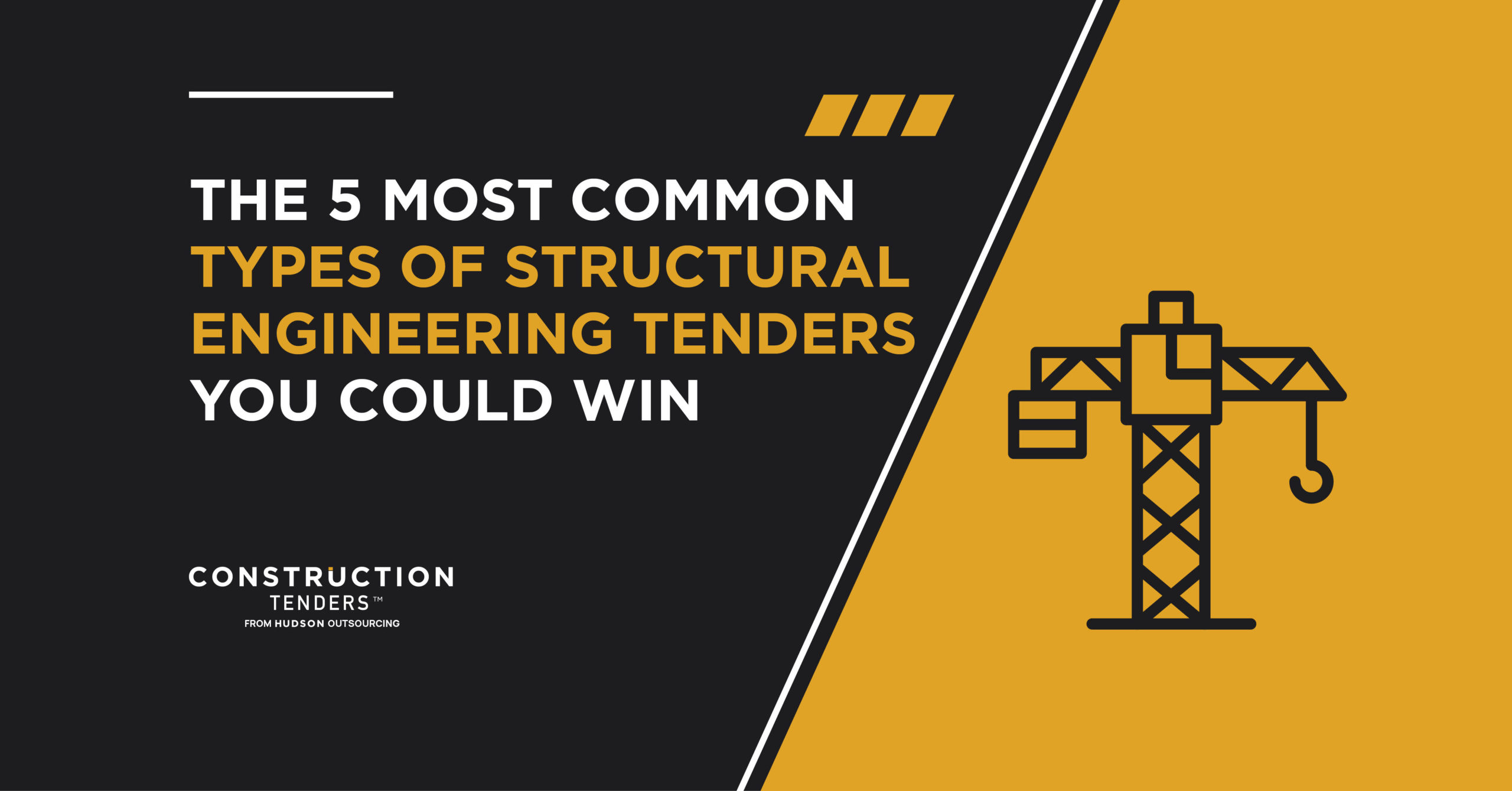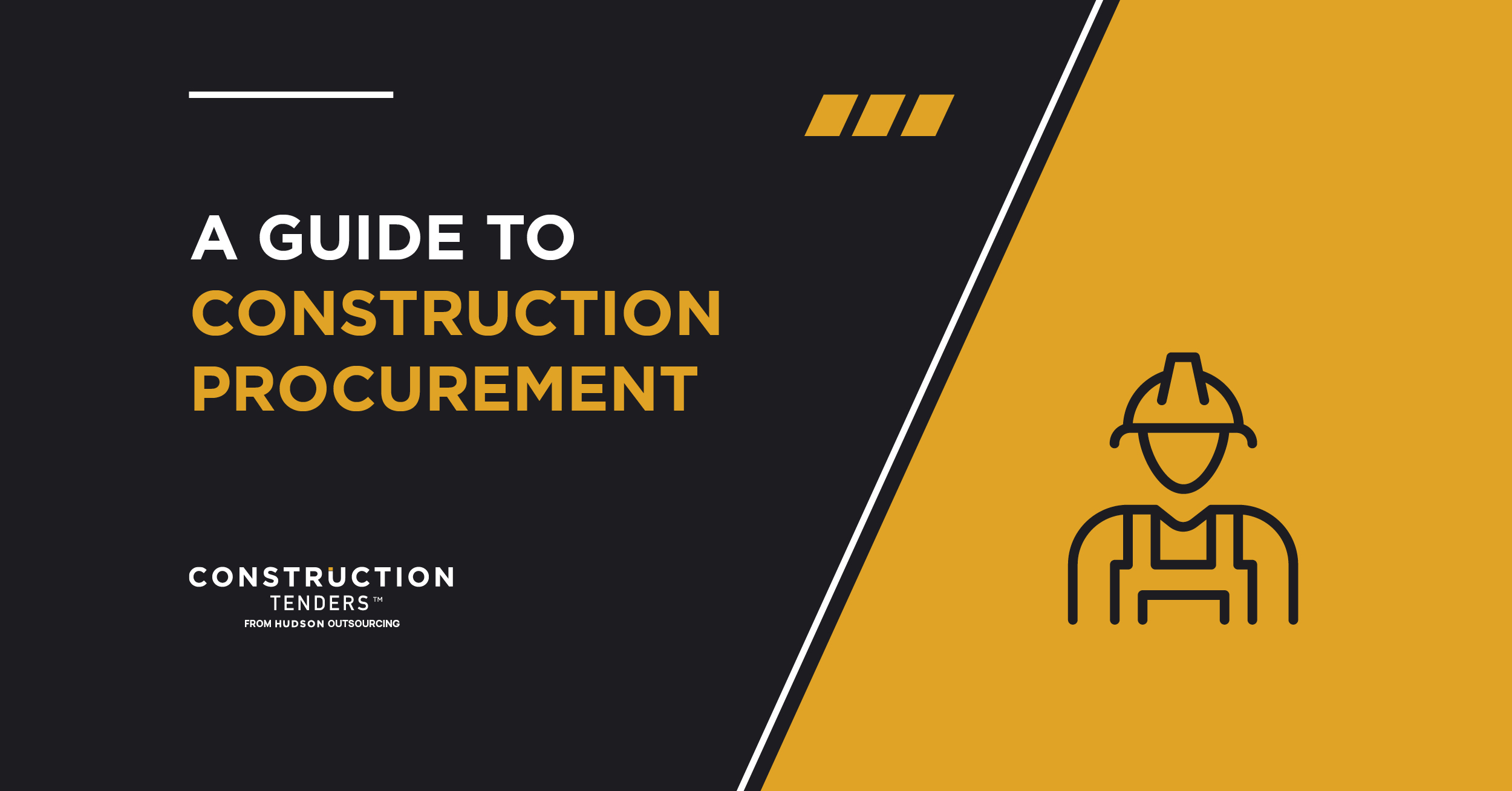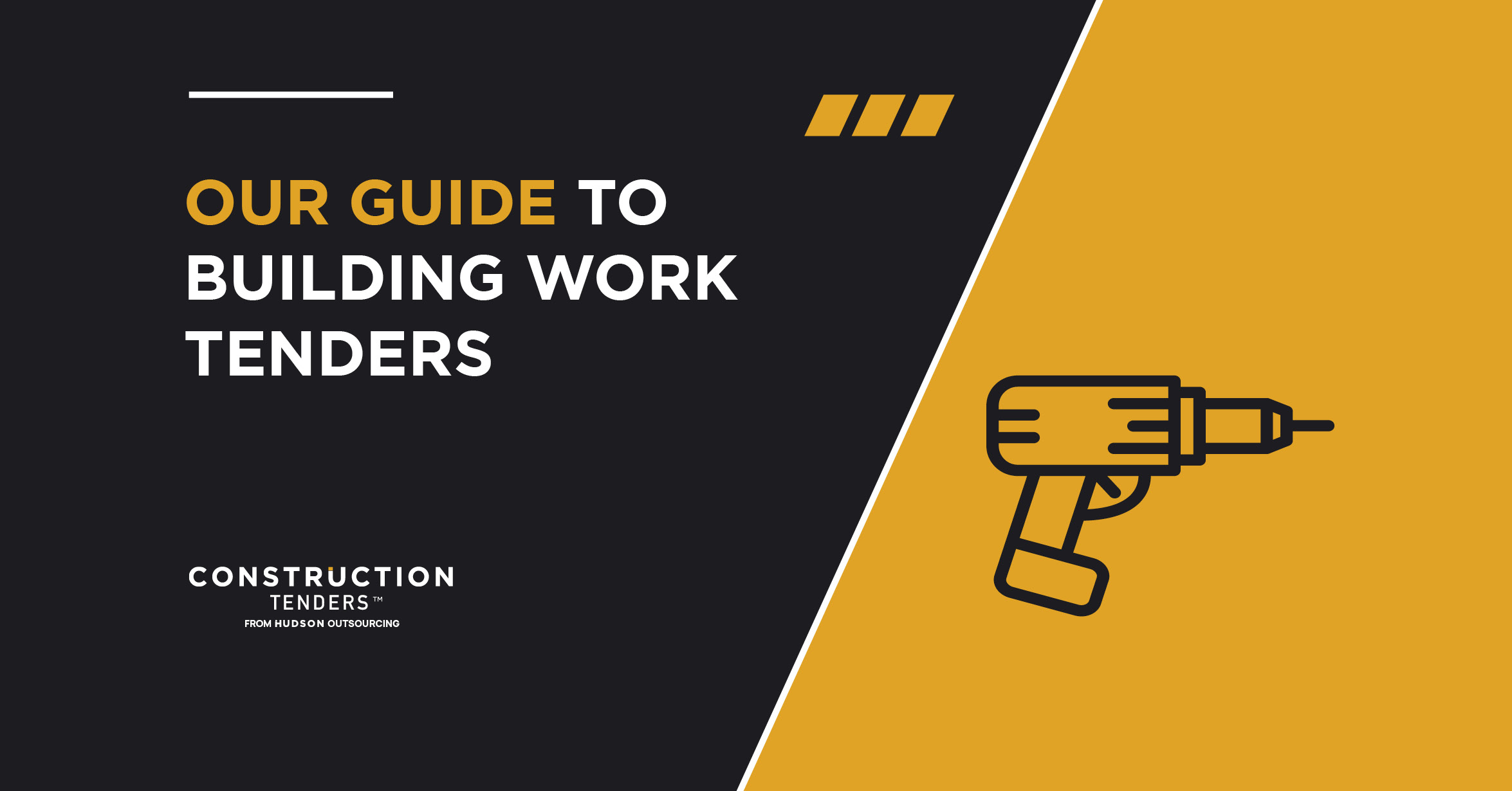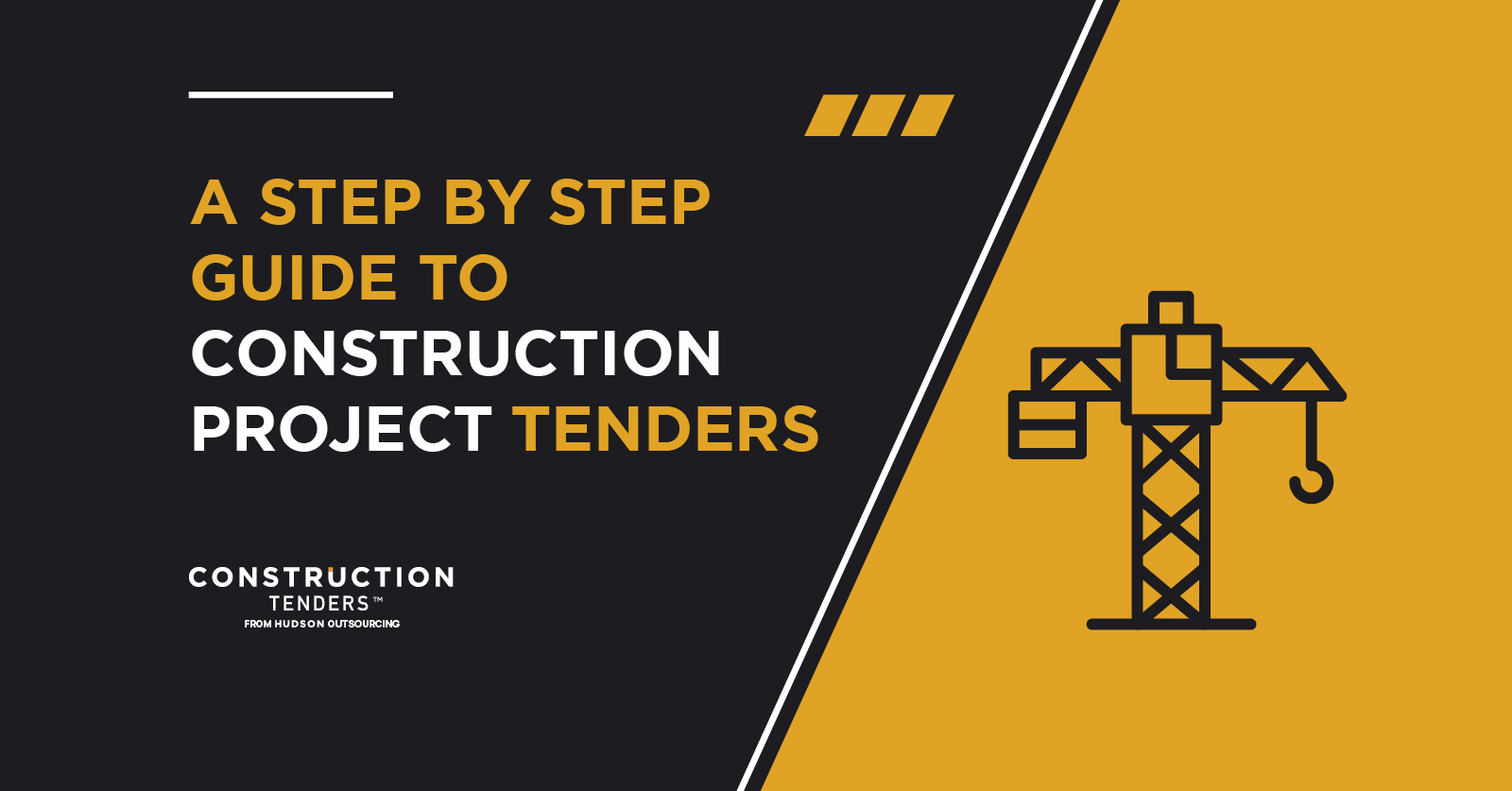Construction contracts are essential in the building industry. They define the terms, costs, responsibilities, and timelines for projects, offering legal protection for both contractors and clients. This guide will cover what construction contracts entail, their types, submission requirements, benefits, and key aspects, along with answers to common questions.
What is a Construction Contract?
A construction contract is a legally binding agreement between a client (or project owner) and a contractor. It outlines the specifics of the work to be completed, including timelines, costs, materials, responsibilities, and conditions. These contracts play a crucial role in the industry, ensuring that projects proceed smoothly and any potential disputes are managed within a clear legal framework.
Why Use a Construction Contract?
Construction contracts are essential to:
- Provide Clarity and Security: Contracts set out clear obligations, expectations, and standards for all parties, minimizing misunderstandings and ensuring quality.
- Ensure Legal Protection: They legally bind the contractor to deliver the specified work and protect the client if the contractor fails to meet the terms.
- Define Payment Terms: Contracts specify payment schedules, milestones, and other financial arrangements to avoid payment disputes.
- Manage Risks: Contracts allow for risk management, detailing clauses on delays, unforeseen issues, and penalties for non-compliance.
Types of Construction Contracts in the UK
Several construction contract types cater to different project needs. Here are the three primary types:
1. Fixed-Price Contracts
- Also known as Lump-Sum Contracts, these specify a total price for the entire project. This type of contract is often used when project costs can be accurately estimated upfront.
- Pros: Predictable costs, minimal surprises for clients.
- Cons: Any unforeseen expenses are typically covered by the contractor.
2. Cost-Plus Contracts
- In a cost-plus contract, the contractor is reimbursed for the actual costs of materials and labour, along with a percentage or fixed fee as profit.
- Pros: Flexible and beneficial for projects with unpredictable costs.
- Cons: Final costs can be unpredictable, as they depend on the materials and time required.
3. Time and Materials Contracts
- This contract type is based on the time spent by workers and the materials used for the project. It is commonly used when the scope of work is undefined at the beginning.
- Pros: Flexibility in terms of project changes.
- Cons: Cost can escalate if the project duration or material costs exceed expectations.
Common Construction Contracts in the UK
In the UK, the Joint Contracts Tribunal (JCT) and New Engineering Contract (NEC) forms are among the most commonly used. Here’s an overview:
- JCT Contracts
- Established by the Joint Contracts Tribunal, JCT contracts are traditional, widely used for building projects across the UK. They are designed to be straightforward, detailing each party’s obligations and covering common issues like delay clauses, extensions, and payment schedules.
- NEC Contracts
- The NEC (New Engineering Contract) form promotes collaboration and flexibility, often used in complex or large-scale infrastructure projects. NEC contracts encourage cooperation, with a focus on risk management and joint decision-making.
- FIDIC Contracts
- Used worldwide but less common in the UK, FIDIC (Fédération Internationale Des Ingénieurs-Conseils) contracts are popular for international projects and emphasize fair distribution of risk between parties.
Submission Requirements for Construction Contracts
Winning a construction tender typically requires a thorough and compliant submission. Here are key submission elements:
- Detailed Proposal: Outline project costs, timelines, materials, and personnel. Be as specific as possible.
- Compliance Documents: Ensure all legal and regulatory compliance is in place, including health and safety standards, insurance, and licensing.
- Project Experience: Showcase relevant projects your team has completed, focusing on similar scopes or sizes to the current tender.
- Risk Management Plan: Describe your approach to handling unforeseen circumstances, delays, and potential hazards.
- References and Testimonials: Provide evidence of client satisfaction and successful project delivery.
Adherence to these requirements not only improves your chances of winning the contract but also demonstrates professionalism and reliability.
How Construction Contracts Work
In a typical construction contract process, several stages occur:
- Tendering and Selection
- Clients issue a request for tender, and contractors submit bids. The client selects the winning bid based on criteria like cost, experience, and proposed timeline.
- Contract Agreement
- After selection, both parties sign a formal contract specifying the project’s terms and conditions, including payment schedules, timelines, and deliverables.
- Project Execution
- The contractor begins work, adhering to the contract terms. This phase involves continuous communication, compliance with quality standards, and regular updates.
- Completion and Handover
- Once work is complete, the contractor hands over the project to the client. A final inspection and sign-off confirm that all work is satisfactory and within the agreed terms.
- Post-Completion Obligations
- Depending on the contract, the contractor may be responsible for addressing any defects or providing ongoing maintenance within a specified warranty period.
Understanding construction contracts is essential for both clients and contractors to ensure a smooth and compliant project lifecycle. By choosing the right contract type—whether it’s a JCT, NEC, or another form—you can achieve transparency, manage risks, and build successful project partnerships.
Need help with construction tender submissions or navigating contract complexities? Contact Construction Tenders for expert guidance on winning and managing your construction projects with ease.
Related Blog: 5 Reasons Why You Aren’t Winning Tenders for Roofing Work
FAQs
What is the difference between JCT and NEC contracts?
JCT contracts are more traditional and straightforward, often used for building projects where roles and responsibilities are clearly defined. NEC contracts promote a collaborative approach with a focus on flexibility and proactive risk management, making them more suitable for complex or high-risk projects.
What are the three types of contracts in construction?
The primary types of construction contracts are:
- Fixed-Price Contracts: Set total project cost.
- Cost-Plus Contracts: Reimburses actual costs plus a profit margin.
- Time and Materials Contracts: Based on the time and materials used.
What are the most common construction contracts?
In the UK, JCT and NEC contracts are the most commonly used construction contracts. JCT contracts are preferred for straightforward building projects, while NEC contracts are chosen for collaborative and flexible project management in complex or large-scale infrastructure.








